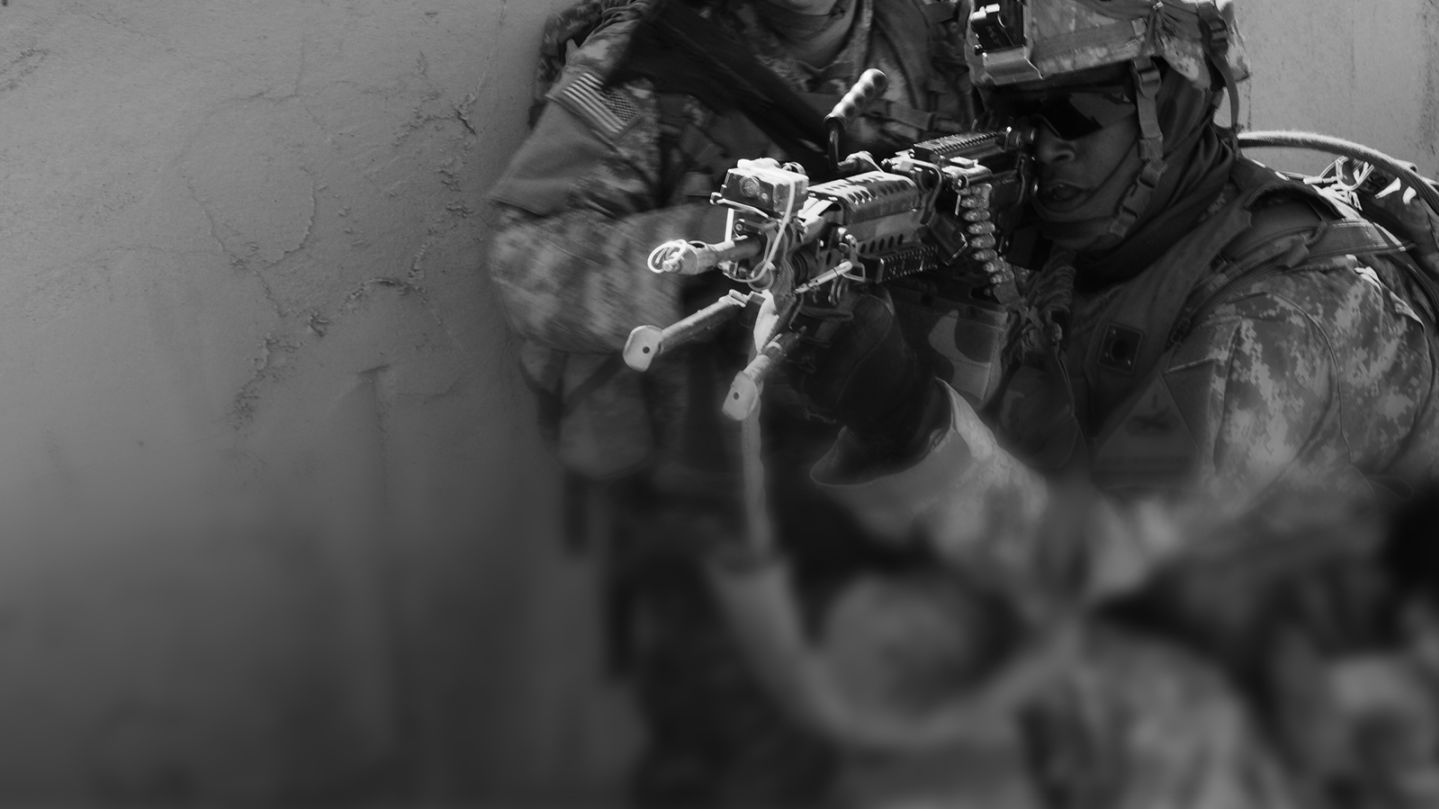Story highlights
Nicholson says Islamabad must take action against the Afghan Taliban
He would not say how much more time the US will allow Pakistan
US is now targeting the Taliban's sources of revenue
It’s been nearly 100 days since President Donald Trump announced his new strategy for Afghanistan and the wider region, a strategy that demanded Pakistan do more to fight the Taliban, but Pakistan has yet to take significant action against the Taliban, according to the commander of US and international forces in Afghanistan.
“We have not seen those changes implemented yet,” Gen. John Nicholson told reporters Tuesday at the Pentagon via a video link.
“We are hoping to see those changes. We are hoping to work together with the Pakistanis going forward to eliminate terrorists who are crossing the Durand Line,” Nicholson said, using another name for the Afghanistan-Pakistan border.
While Nicholson acknowledged that the Pakistanis had taken military action against other violent extremist groups, he said that Islamabad needed to act against the Afghan Taliban, which has found sanctuary inside Pakistan since 2001.
“The offensive operations against sanctuaries would be in other areas that we’ve identified with the Pakistani leadership on a number of occasions,” he said.
The general would not say how much time the US would allow for Pakistan to change its behavior before taking additional actions to compel Islamabad to crack down on Afghan Taliban sanctuaries in Pakistan.
“As you’ve heard our president say, as you’ve heard all of our senior leaders say, we have got to see movement on this reduction of sanctuary and support for those insurgents and terrorists operating from Pakistan who are attacking our forces and our coalition diplomats and forces, as well as the Afghans,” Nicholson said.
The White House recently slammed Pakistan for allowing Hafiz Saeed to go free last week. He had been under house arrest in Pakistan due to his links to Lashkar-e-Taiba, an internationally recognized terrorist group that is believed to be responsible for terror attacks in India.
Nicholson later said that while the Taliban’s tactical-level commanders were in the field in Afghanistan, its “senior leadership still resides in Pakistan.”
He said the Taliban leaders were “living in comfort outside of the country with plenty of drug money” while the rank and file fighters were dying in Afghanistan.
As part of the effort to make the Taliban more uncomfortable, in line with his new strategy, Trump granted Nicholson the authority to target the Taliban’s sources of revenue.
Nicholson said the US and Afghan militaries had recently carried out a series of operations targeting Taliban-linked opium production facilities in Helmand province, operations he said cost the Taliban as much as $10 million in revenue.
He also said Trump’s new Afghan strategy represented a “game change.”





